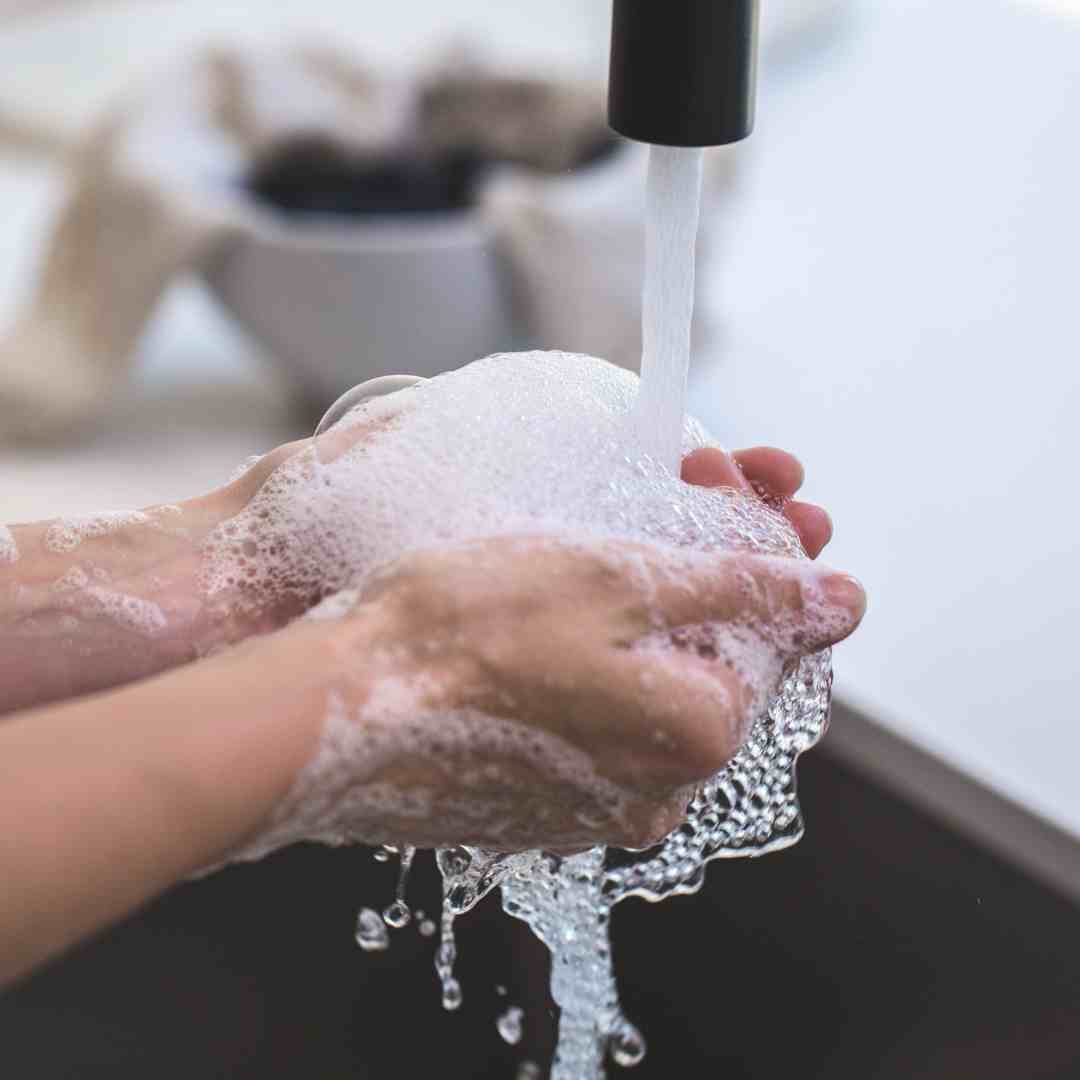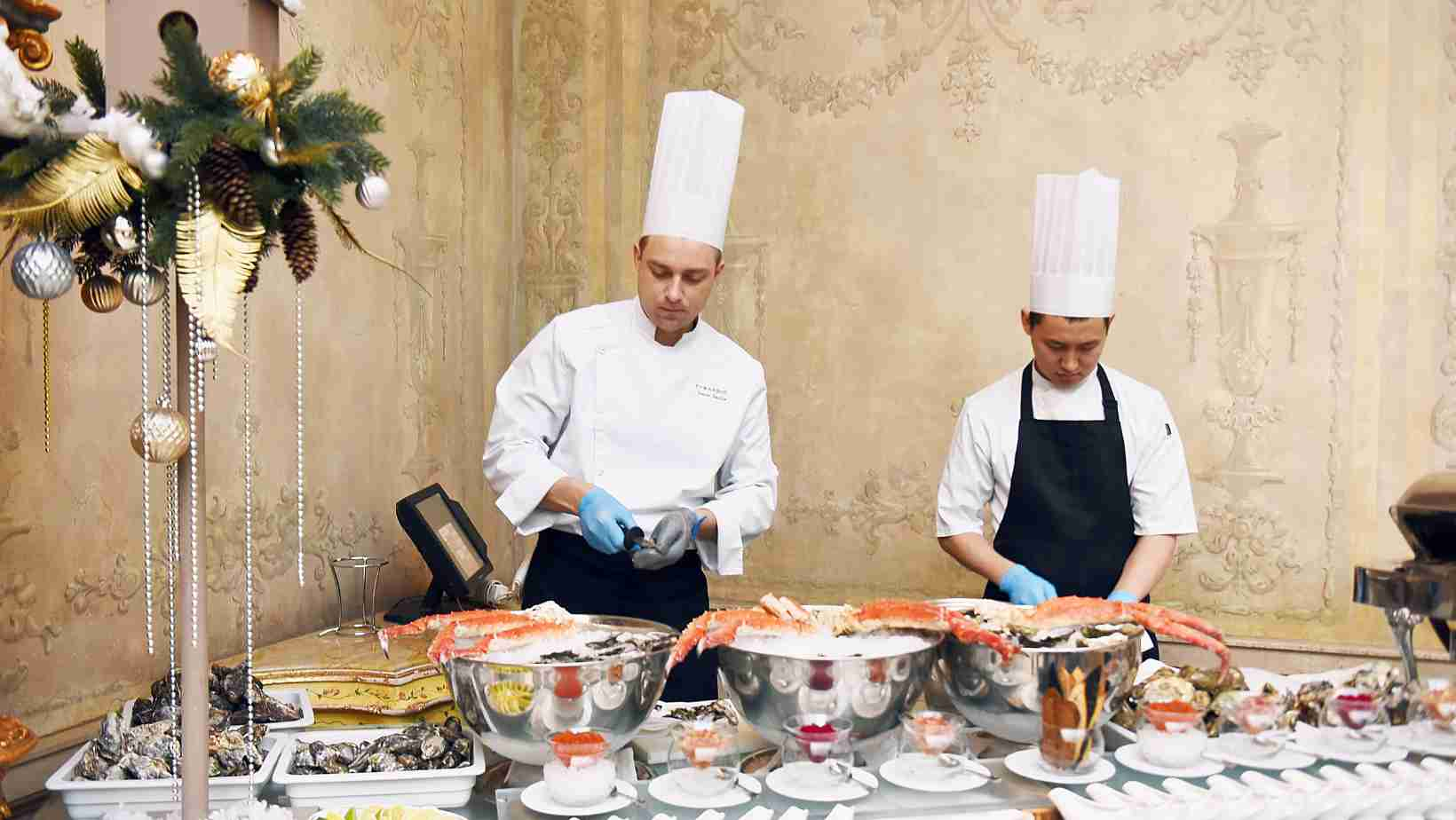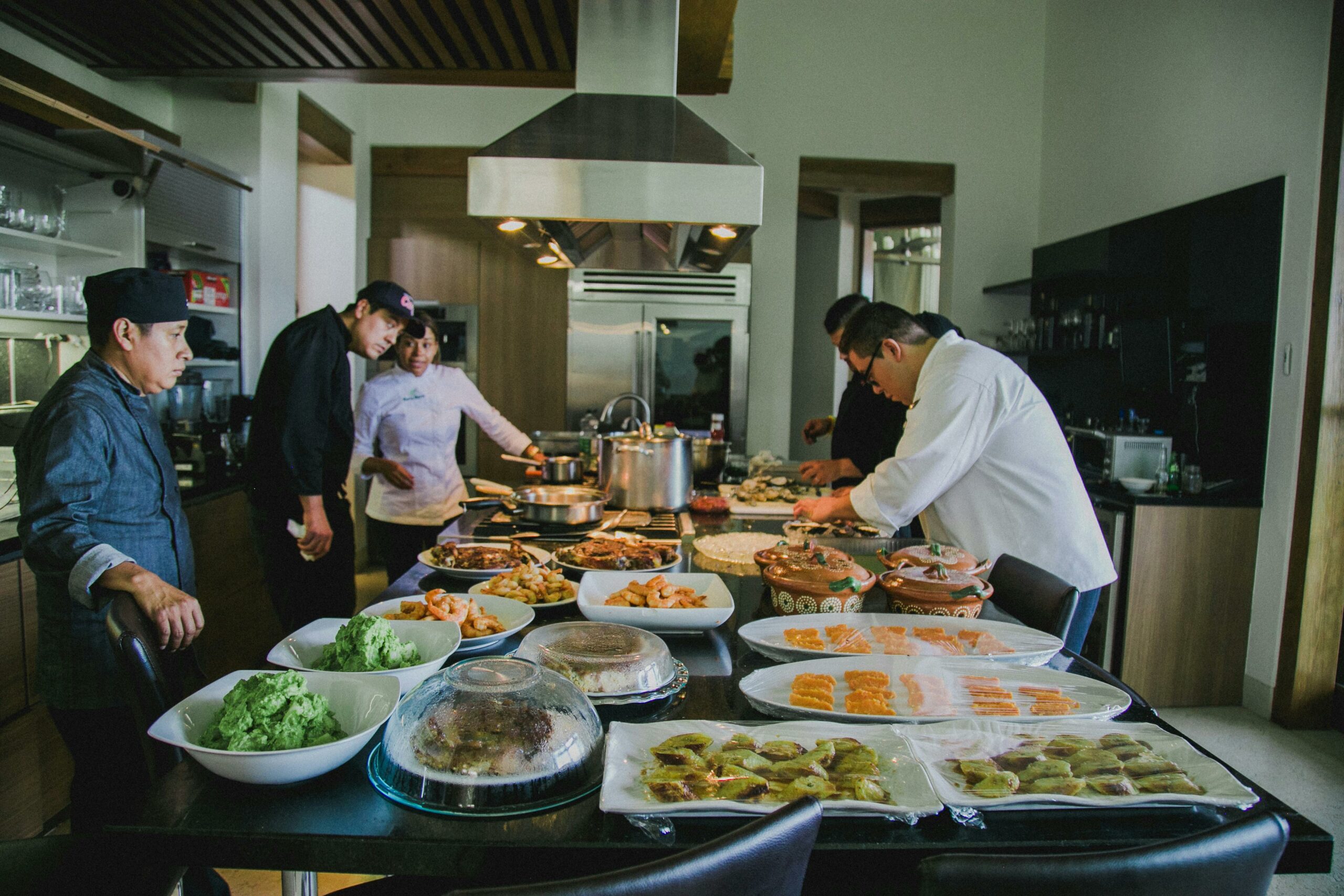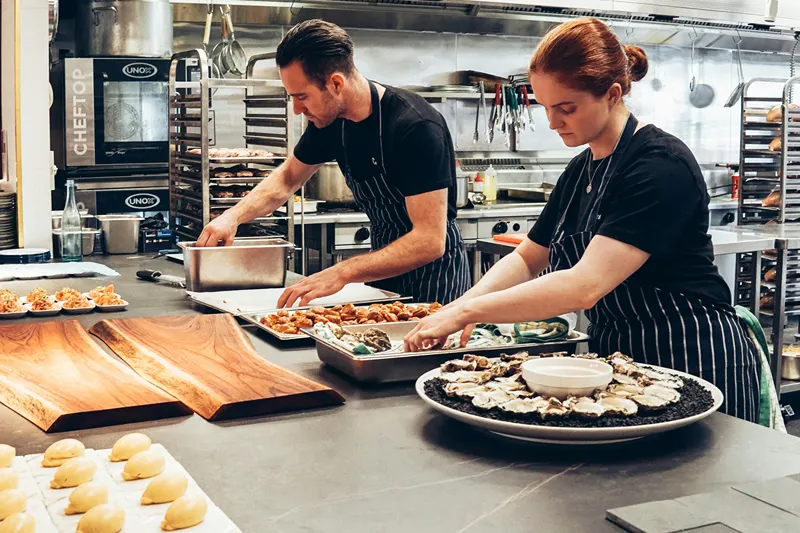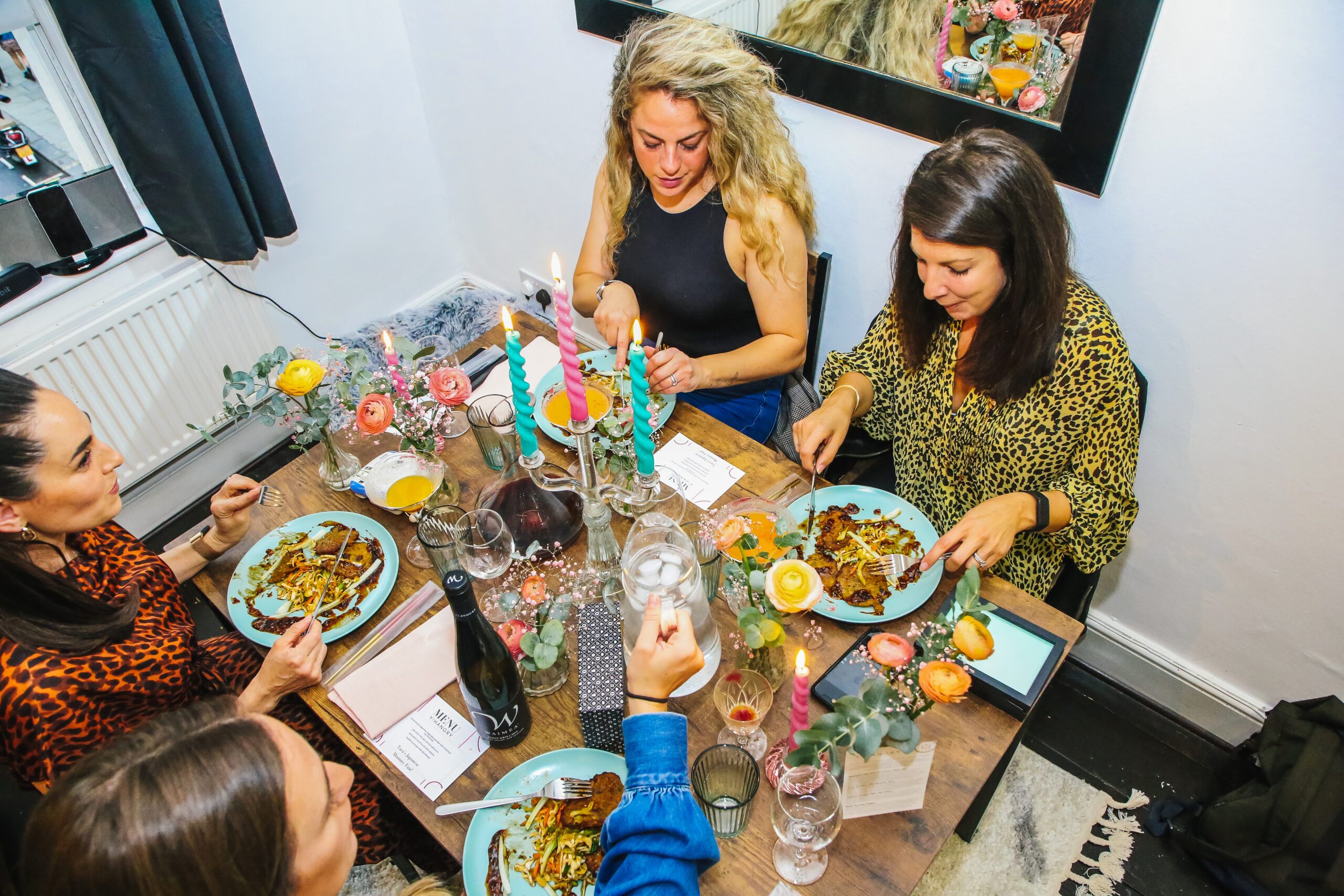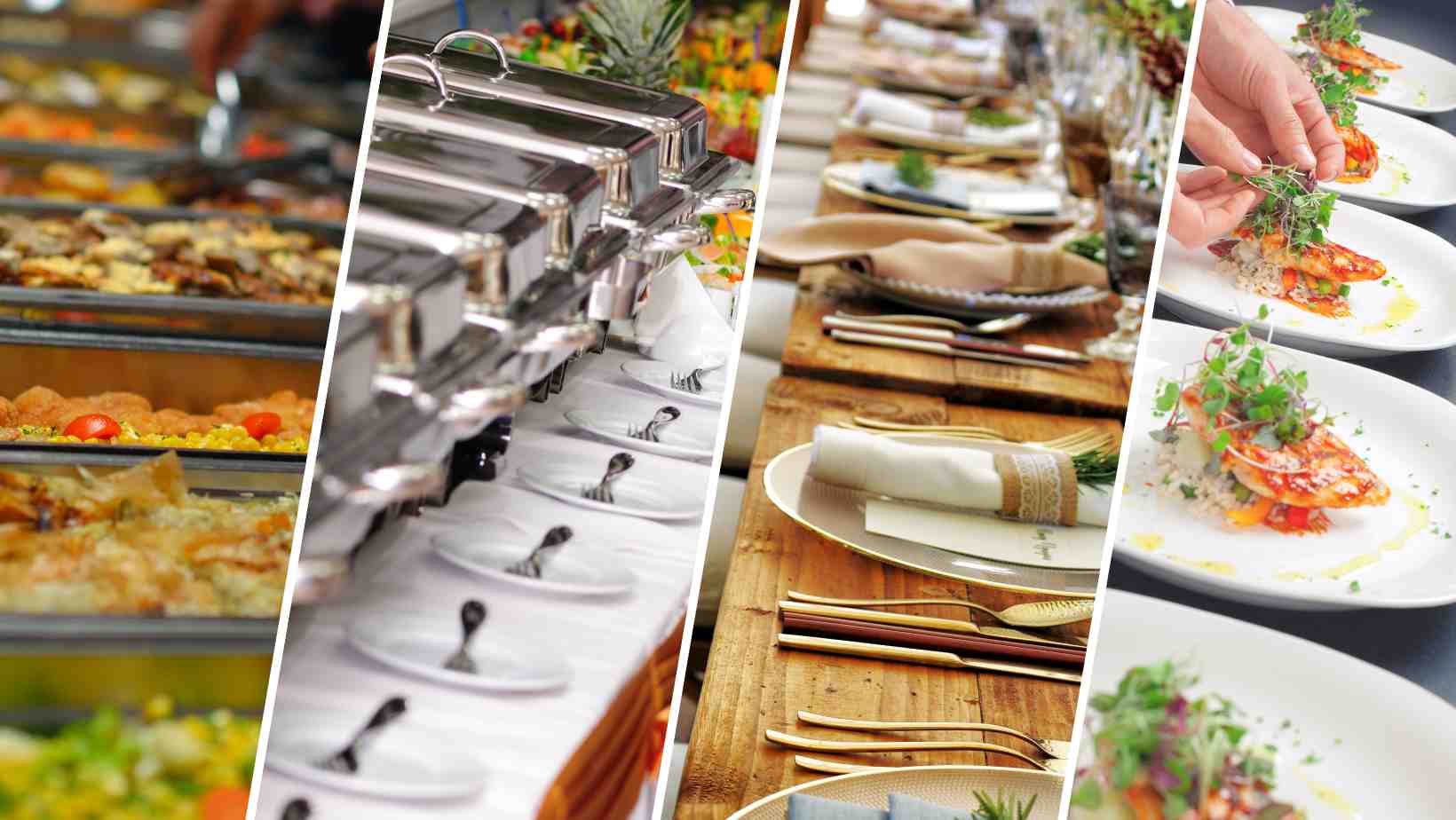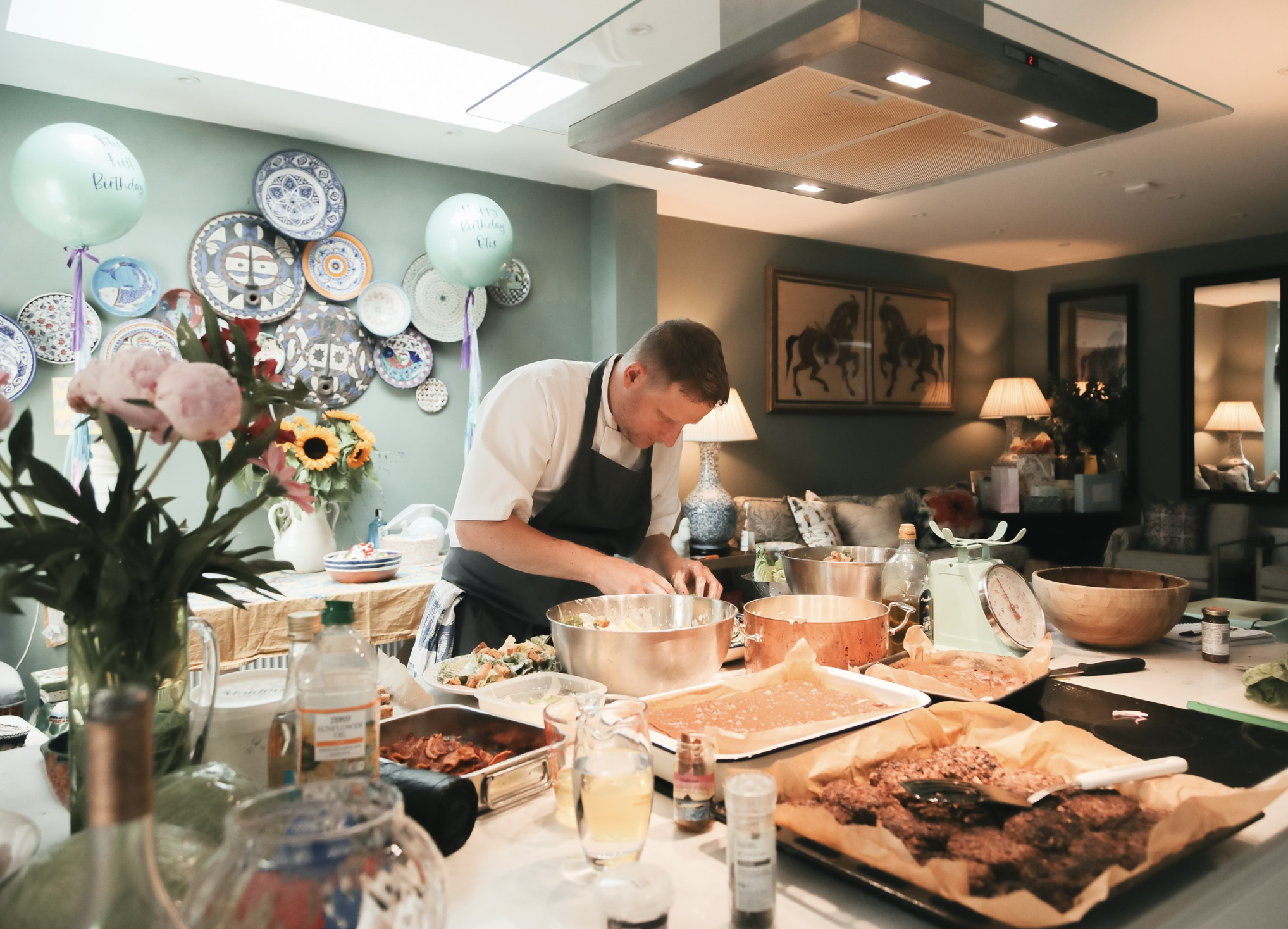The Importance of Food Safety and Hygiene in Private Chef Jobs in the UK
As a private chef, it’s your responsibility to ensure that the food you prepare is safe and meets high hygiene standards. While licensed commercial kitchens have strict safety and hygiene standards, private chefs may prepare food in environments that may not have the same level of regulations. Therefore, it’s essential to take precautions to ensure that the food you prepare is safe and meets high hygiene standards.
One of the most critical aspects of food safety is training and certification. In the UK, no specific qualifications are required to become a private chef, but it’s crucial to take food hygiene and safety seriously. Understanding foodborne illnesses and their impact, how foodborne illnesses spread, and the consequences of foodborne illnesses can help you take steps to avoid them. Platforms like yhangry require chefs to have completed Level 2 hygiene training and recommend completing allergen training that can help develop a better understanding of the common food allergens, as well as precautions and procedures necessary to prevent cross-contamination.
Transporting food can be a risky task, especially during the summer months. When transporting food, it’s essential to keep it at a safe temperature to prevent the growth of harmful bacteria. In the summer, using a cool box is a good idea, as it helps to keep the food cool and prevent it from spoiling. However, it’s important to ensure that the cool box is clean and has been disinfected before use to avoid any cross-contamination.
Personal hygiene is as important as food hygiene itself. As a private chef, you must ensure that your hands are clean and sanitized before, during, and after food preparation. Additionally, wearing a clean apron and head covering can help prevent cross-contamination.
Cleaning and disinfecting surfaces and equipment is essential in preventing the growth of harmful bacteria. Private chefs should ensure that all surfaces and equipment are cleaned thoroughly and disinfected after use. It’s also essential to ensure that the cleaning products used are appropriate and that they don’t leave any residues on surfaces or equipment.
Food allergies and intolerances are also a critical aspect of food safety. As a private chef, it’s essential to be aware of any food allergies or intolerances your clients may have. Before preparing food, ask your clients about any allergies or intolerances they may have. You should also take measures to prevent cross-contamination and ensure that the food is prepared in a way that doesn’t contain any ingredients that could cause an allergic reaction.
In conclusion, ensuring the safety and hygiene of the food you prepare is critical as a private chef. Taking measures such as proper food storage, cleaning and disinfecting, and maintaining personal hygiene can help prevent food poisoning. Additionally, completing training and certification in food hygiene and safety can help develop a better understanding of food safety and demonstrate to clients that you take food safety seriously. By being aware of any food allergies or intolerances and taking measures to prevent cross-contamination, you can provide your clients with a memorable and safe dining experience. As a private chef, it’s essential to prioritize food safety to maintain a strong reputation and ensure the health and well-being of your clients.
Whether you're hosting a special celebration dinner, looking for a chef during your holiday or weekly meal prep, we will match you to the perfect chefs.
Start hereFAQs
- How can private chefs ensure food safety when transporting food?
- What are the consequences of foodborne illnesses, and how can they be prevented?
- What are the most common food allergens, and how can private chefs prevent cross-contamination?
- What are the regulatory bodies responsible for enforcing food safety and hygiene regulations in the UK?
- How can private chefs maintain personal hygiene to prevent cross-contamination?
- What is the recommended temperature for refrigeration and freezer storage, and how should raw meat and fish be stored?
- What are the best cleaning products for disinfecting surfaces and equipment used in private homes?
- How can private chefs ensure that the food they prepare meets high hygiene standards in private home kitchens with varying levels of safety and hygiene standards?
- What are the best practices for private chefs to prevent food poisoning and ensure the safety of their clients?
